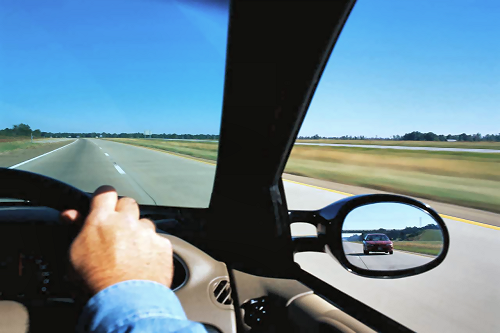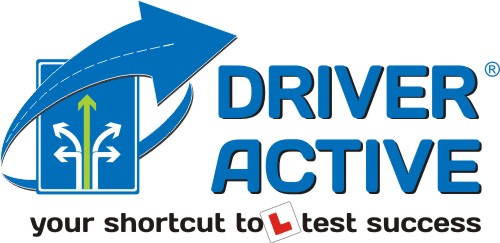Safe driving standards
 You might have passed your driving test first time or on the fifth attempt or anywhere in between or beyond. It doesn't matter!
You might have passed your driving test first time or on the fifth attempt or anywhere in between or beyond. It doesn't matter!
Whatever your starting point, with the help of i-Course Driving your finishing point will be to achieve a standard of driving that will allow you to drive confidently, safely and most importantly of all – accident free.
In the next two steps we next consider the basic skills you need and their importance.
Vehicle control: Precise vehicle control is essential for safe, advanced driving – during this course you will learn how to drive smoothly – just imagine, no more car-sick children or nagging back seat drivers!
Road skills: The term 'road skills' describes the way you interact with the road and other road users. The course will help you to plan a safe speed, use a routine approach to hazards on the road, recognise and follow regulations, etc.
Vehicle control
A good driver is able to make smooth, 'fluent' use of the car's controls
Your aim is to develop this fluency in each and every vehicle you drive until it becomes 'second nature'.
This ability should ideally be of an advanced nature following the guidelines set out in the publications recommended or supplied by SmartDriving.
- The DVSA manual 'Essential Driving Skills'
- The police drivers' manual 'Roadcraft'
- 'The Highway Code'
- 'Know your traffic signs'
You will need to set aside time to practice manoeuvring the vehicle in all types of traffic conditions developing your use of the:
- Accelerator
- Brakes
- Clutch
- Gears
- Steering
- Auxiliary controls
Road skills
While good vehicle control is essential for safe driving it only forms part of the skill-set that you will develop on your route to becoming a better driver.
For example, the ability to see, recognise, understand and obey road signs is an essential road skill.
The driver in the picture (right) either doesn't know, hasn't seen or doesn't care about the 'No Right Turn' sign. But this driver is not alone...
Surveys have shown that many drivers fail to recognise or understand the road signs around them. How many signs in the 'Know Your Traffic Signs' book are new to you?
Seeing and acting on signs is just one of the skills in which you will develop your expertise. Other skills include:
- Visual scanning
- Dealing with hazards
- A system of vehicle control
- Hazard Identification
- Positioning
- Speed and distance
Eco-Driving
'Eco-Driving' skills are becoming ever more important as fuel becomes more expensive and people work to combat global warming.
If you follow the advice in this guide you will not only be safer, but you will be richer! And so will the planet. The amount that you save on fuel costs will depend on how accomplished you become - if you have a trip-computer you can monitor your average fuel consumption to discover which aspects of change make the biggest difference.
You can find more info about eco-driving by downloading an article from 'Driving Magazine' (written by John Farlam).
 Back to basics
Back to basics
As an experienced driver, when starting your study you might have found it strange to discover that we recommend study of some materials that are designed primarily for learner drivers. However, there are two key factors in asking you to become familiar with all the information at DriverActive.com:
- Good driving is the same for learners and advanced drivers - you need to be a good driver - following DVSA standards and procedures
- The information at DriverActive outlines what you need to teach - regardless of whether you intend to work with learner drivers or in fleet training with experienced drivers.
DriverActive will help you to understand the level of detail required by new drivers and it will also ensure that you fully understand your subject 'inside out'.
Next: Move on to Step 3 and read the information about control skills.